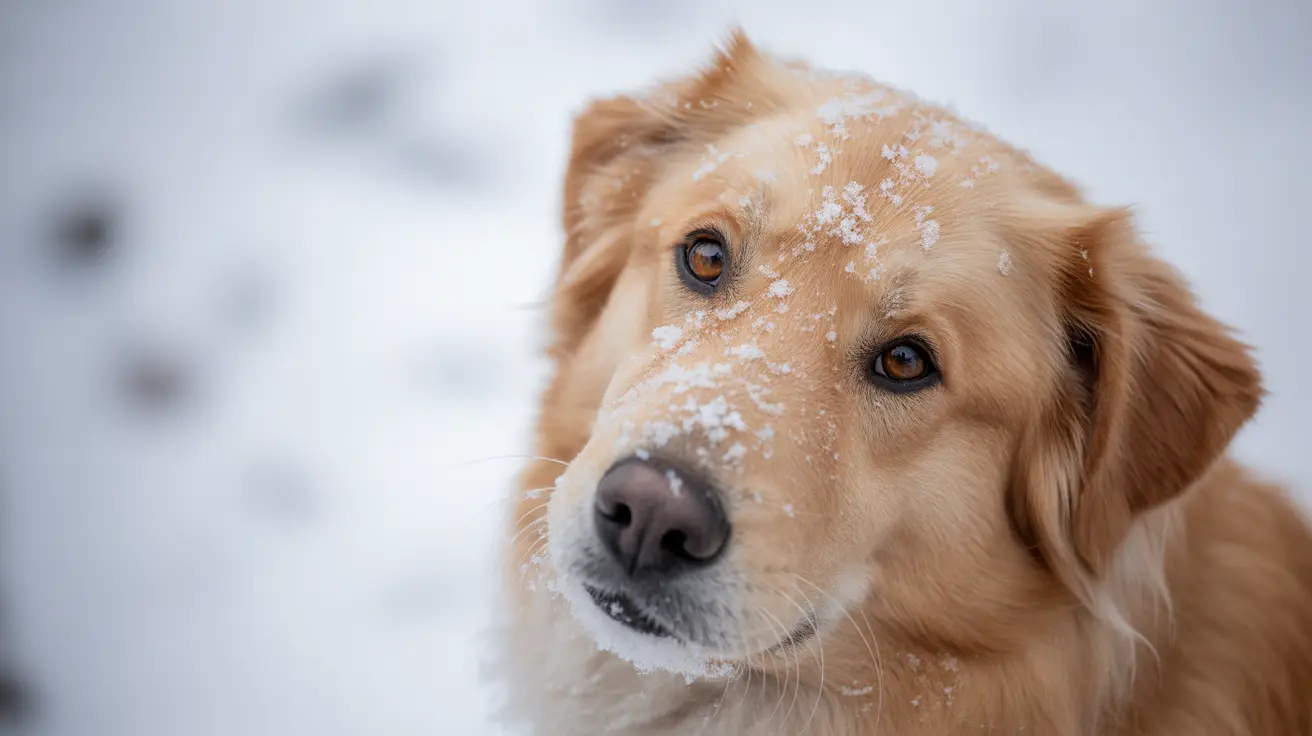Missing your dog can trigger profound emotional responses that many pet owners find overwhelming. Whether separated due to travel, loss, or other circumstances, the deep bond between humans and their canine companions makes these feelings entirely natural and valid. This comprehensive guide will help you understand why you're experiencing these emotions and provide effective strategies for coping with the absence of your beloved pet.
The Psychology Behind Missing Your Dog
The intense feelings that arise when you miss your dog are rooted in the unique human-animal bond. Studies show that dogs release oxytocin (the "love hormone") when interacting with their owners, creating a mutual emotional attachment that rivals human relationships. This explains why separation can feel so devastating.
Research indicates that up to 93% of pet owners experience significant emotional distress when separated from their dogs. This response isn't just emotional - it can manifest physically through sleep disturbances, changes in appetite, and even physical pain.
Common Emotional Responses
When you miss your dog, you might experience:
- Intense longing and sadness
- Disrupted sleep patterns
- Difficulty concentrating
- Anxiety or restlessness
- Changes in appetite
- Physical symptoms like headaches or fatigue
Healthy Coping Strategies
Maintain Connection During Separation
If your separation is temporary, consider these approaches:
- Set up video calls to see and talk to your dog
- Ask caregivers to send daily photos and updates
- Keep a piece of your dog's belongings nearby
- Maintain your regular schedule to ease the transition back
Process Your Emotions
When dealing with longer-term or permanent separation:
- Journal about your feelings and memories
- Create a photo album or digital collection
- Join pet loss support groups
- Practice self-care through exercise and meditation
- Consider professional counseling if grief becomes overwhelming
Creating New Routines
Establishing new patterns can help manage the void left by your dog's absence:
- Volunteer at local animal shelters
- Take walks at different times or locations
- Engage in new hobbies or activities
- Connect with other pet owners who understand your experience
Frequently Asked Questions
What are the common emotional feelings people experience when they miss their dog?
People commonly experience intense sadness, loneliness, anxiety, and sometimes depression. These feelings may be accompanied by physical symptoms like changes in sleep patterns or appetite disturbances.
How can I cope with the grief of a missing or lost dog?
Focus on self-care, maintain regular routines, join support groups, create memory books, and consider professional counseling. Stay connected with other pet owners and engage in activities that honor your dog's memory.
What practical steps should I take immediately if my dog goes missing?
Contact local shelters and veterinarians, post on social media and community boards, distribute flyers with recent photos, and alert your neighborhood. Consider microchip registration services and professional pet finding services.
Is it normal to feel guilt or anxiety after my dog disappears?
Yes, these feelings are entirely normal. Many pet owners experience guilt, anxiety, and self-blame when separated from their dogs, regardless of the circumstances.
Where can I find support or counseling for pet loss and grief?
Support is available through pet loss hotlines, online support groups, local veterinary offices, and professional counselors specializing in pet grief. The Association for Pet Loss and Bereavement offers various resources.
Moving Forward with Hope
Remember that missing your dog deeply reflects the special bond you shared. Whether your separation is temporary or permanent, your feelings are valid, and healing takes time. Focus on cherishing the memories while taking care of your emotional well-being, and don't hesitate to seek support when needed.






